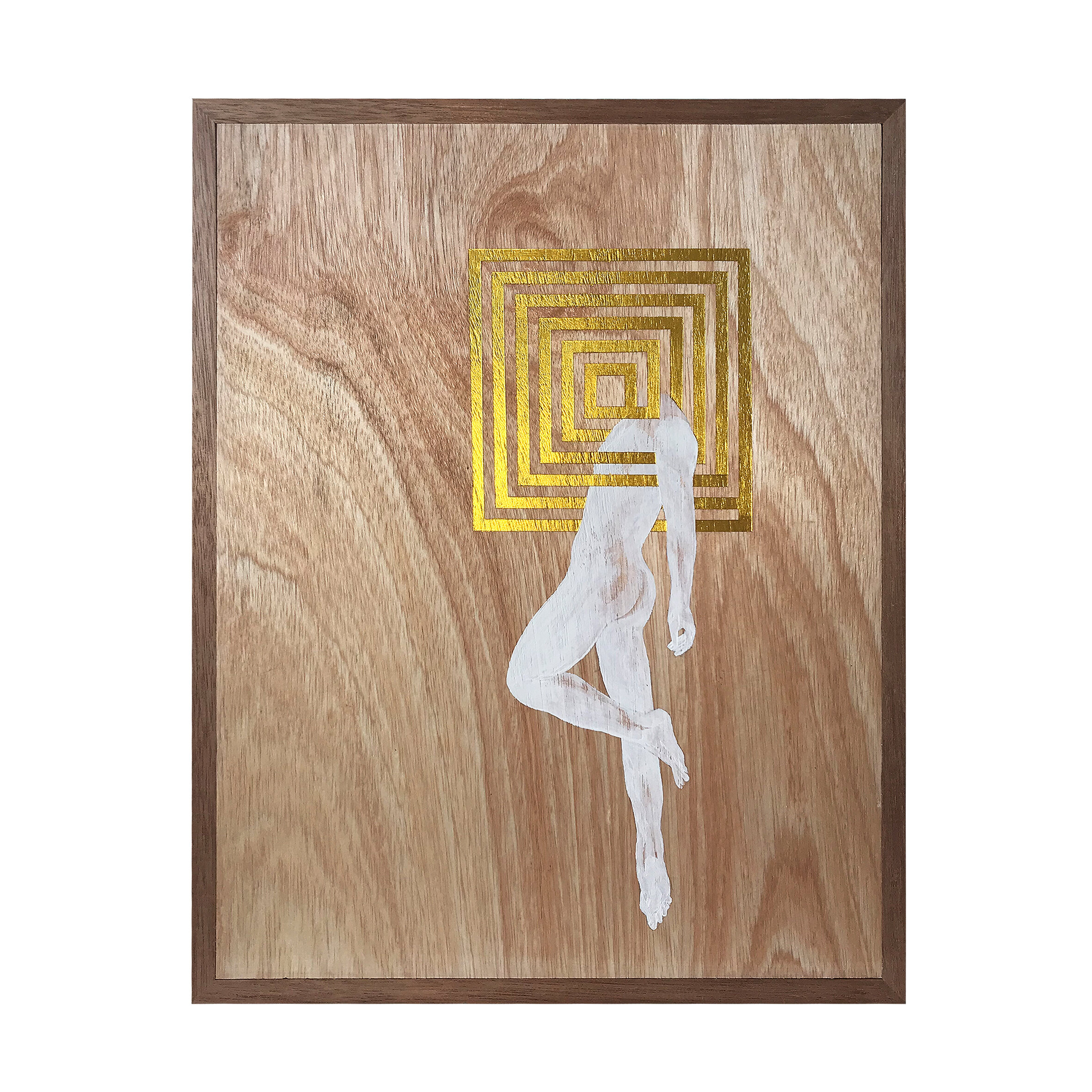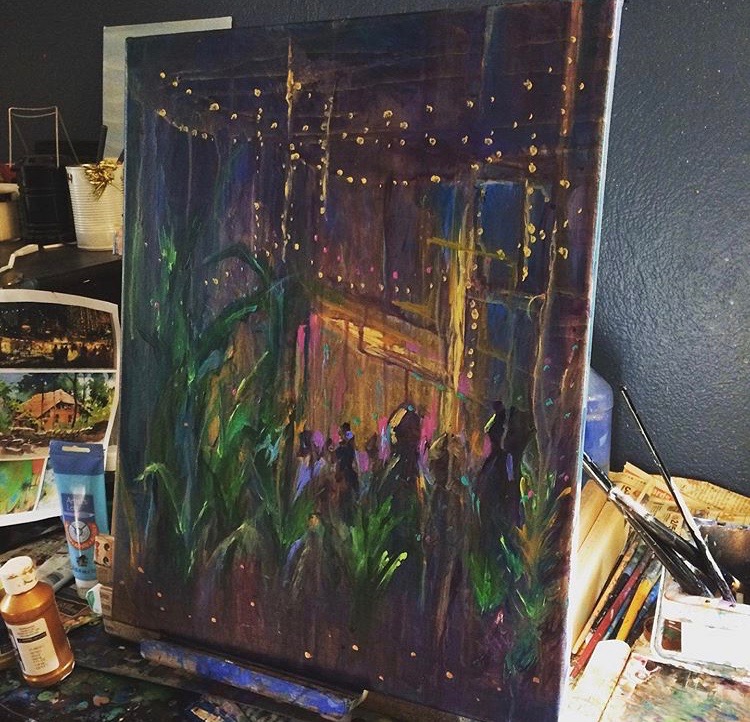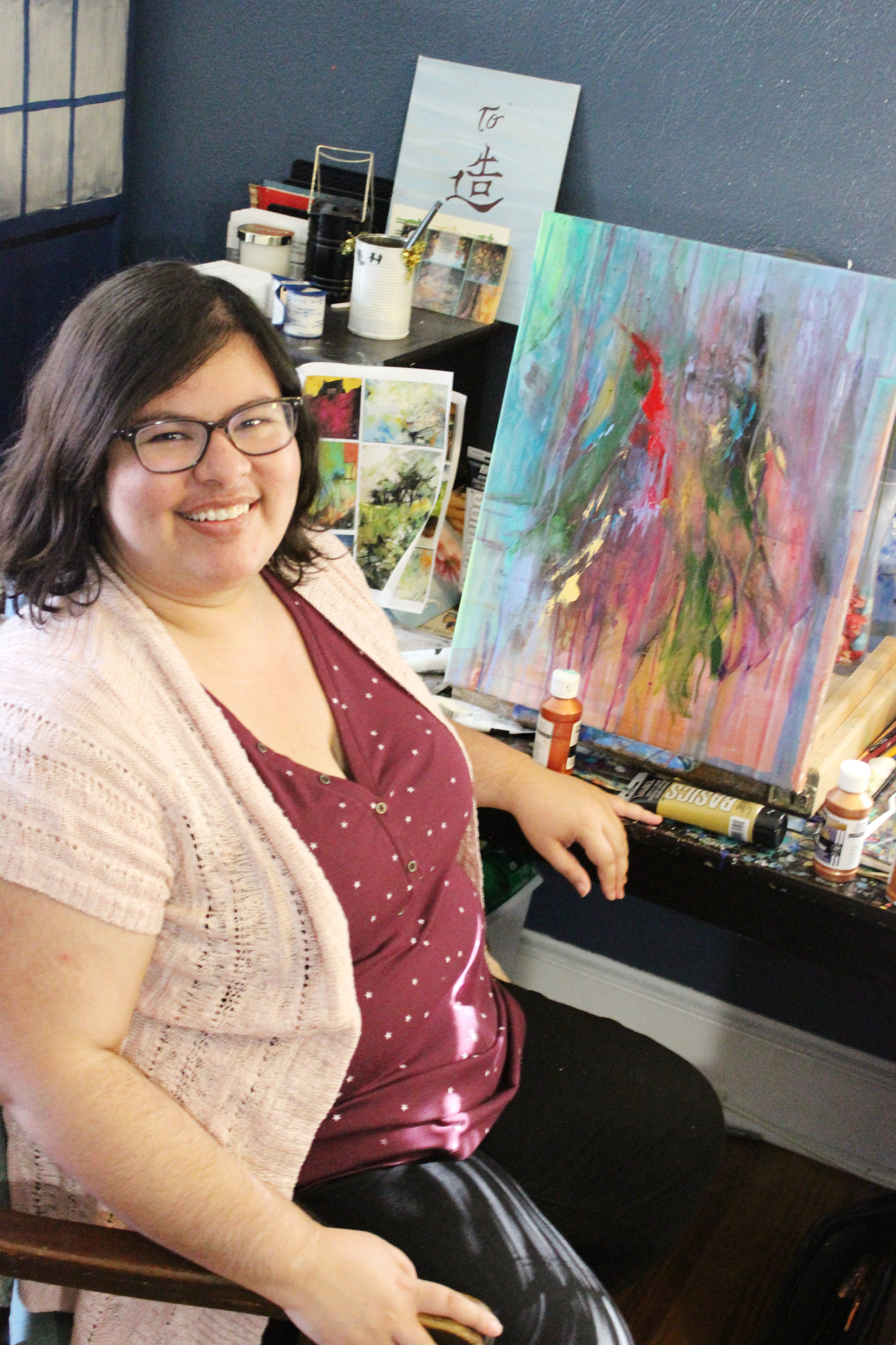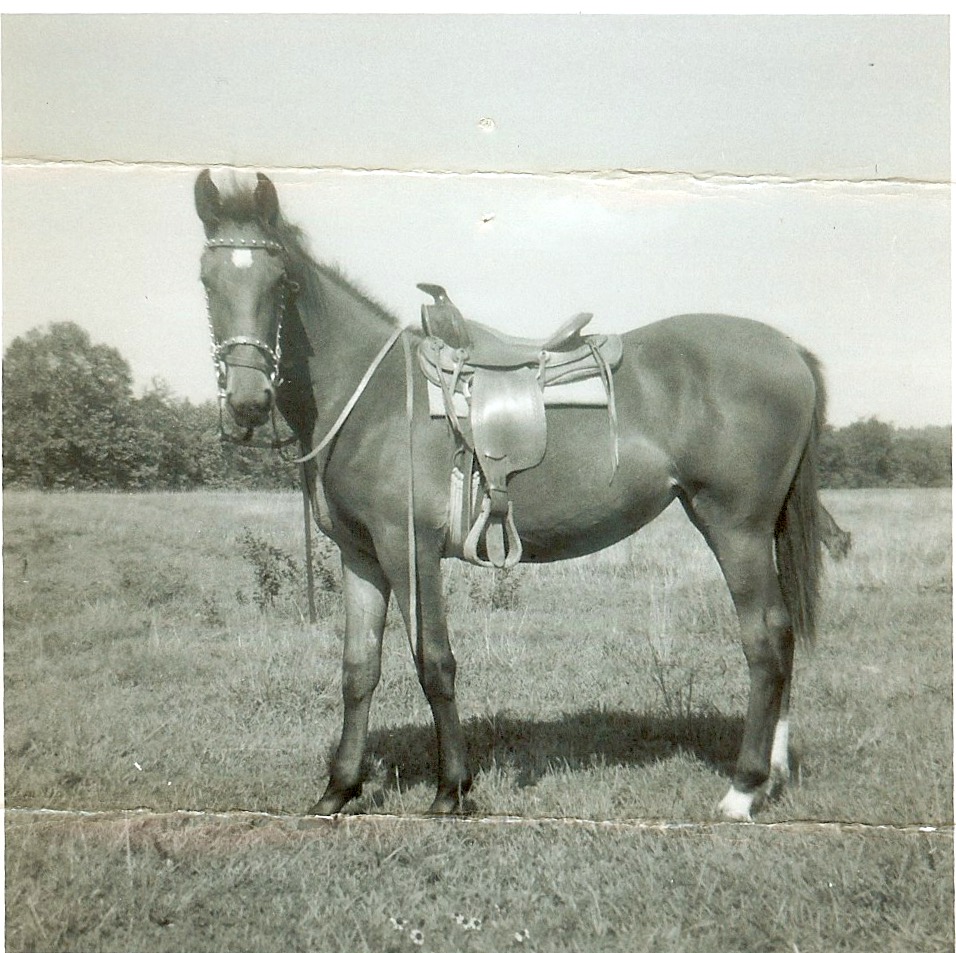LENT: dust
It's on the days
it flashes by in feeds
that someone else has left us;
on the days
we remember
all those woven into eternity,
a tapestry of the never-forgotten,
the always-loved;
on the days
we debate over
who's lives really matter;
on the days
we forget it all
or cannot stifle the
memory,
so we suffocate silently
beneath our coffin lids.
The end is always present
in my flesh and in my blood,
like the burgeoning beginning
behind each closing eye -
a familiar tingle up the spine
when silence falls
around me -
but it's ever-presence
doesn't make each passage
any purer.
No, it's all just slowly staining
like the wine within the glass,
licking up the sides
until it spills.
So I grieve again,
I grieve. For what is earth
except to teach us
how to grieve?
“LAY OUT BEFORE GOD A LIST OF THINGS THAT BURDEN YOU, AND GIVE YOURSELF THE SPACE YOU NEED TO GRIEVE WITH HIM OVER THEM.”
Simone Bailey Campbell is a Jamaican born, New Jersey-based artist and product designer. Her creative practice is influenced by the bright colors, flora and fauna of her Caribbean upbringing and the urban life and fashion of her life in Miami, Florida, New York City and New Jersey. Although her formal training is in design, her visual art grew from self-development and a need for a more fluid and looser form of expression. It has carried her through many difficult periods of her life. It is Simone’s intention to use her artwork to do the same for others, that is to uplift, soothe and add joy to your life.
She currently uses watercolor, acrylic and latex paint, ink, wood, found objects and beeswax to create mixed media, works on paper and sculptural candles. Murals have become a natural extension of her creative practice. It's an opportunity to expand all the things she loves about creating art as well as interacting and implementing community ideas.
In addition to artwork and murals, Simone co-owns and runs Mahogany Blu Design with her spouse, Campbell.
Chris Wheeler is a poet and storyteller from northwest Indiana. He receives inspiration from the rural landscape of Indiana, his experiences as a father, and his faith. His work has found a home at Barren Magazine, Fathom, Kingdoms in the Wild, The Rabbit Room, and Foundling House, among others. He recently released his first full-length book of poetry, SOLACE: POEMS FOR THE BROKEN SEASON, and posts micropoetry regularly on Instagram @solace_poems and other writing on www.chriswheelerwrites.com.


































